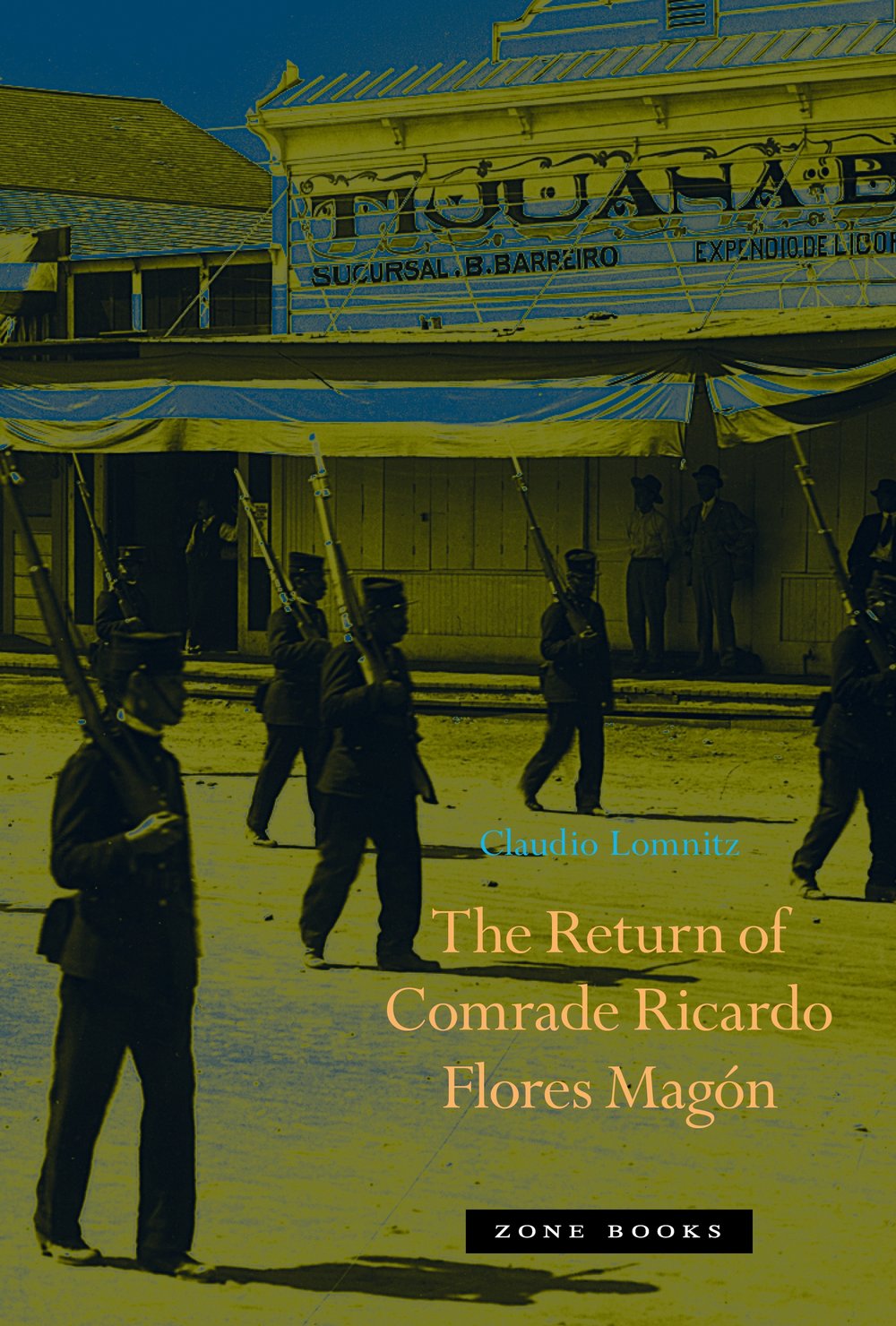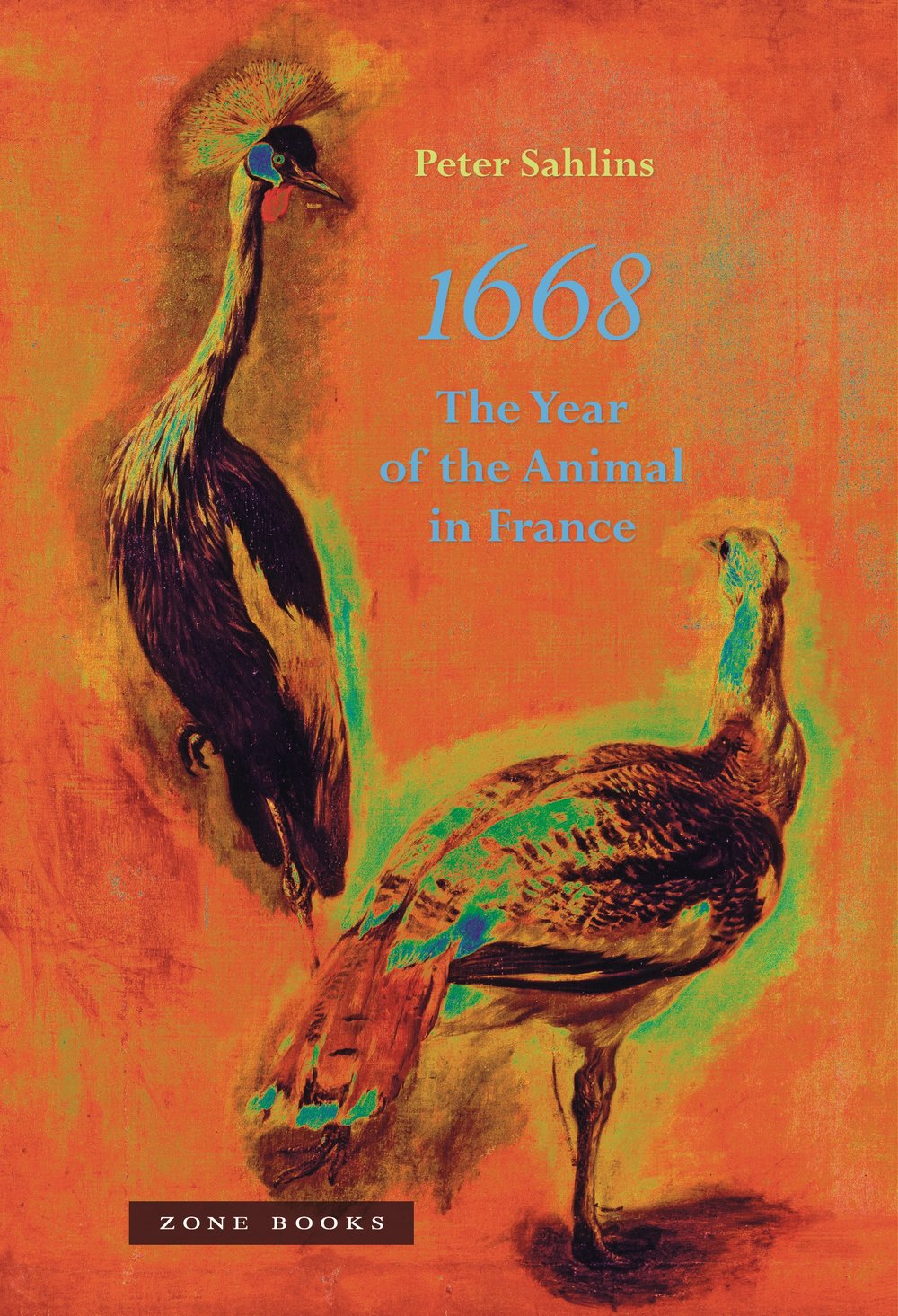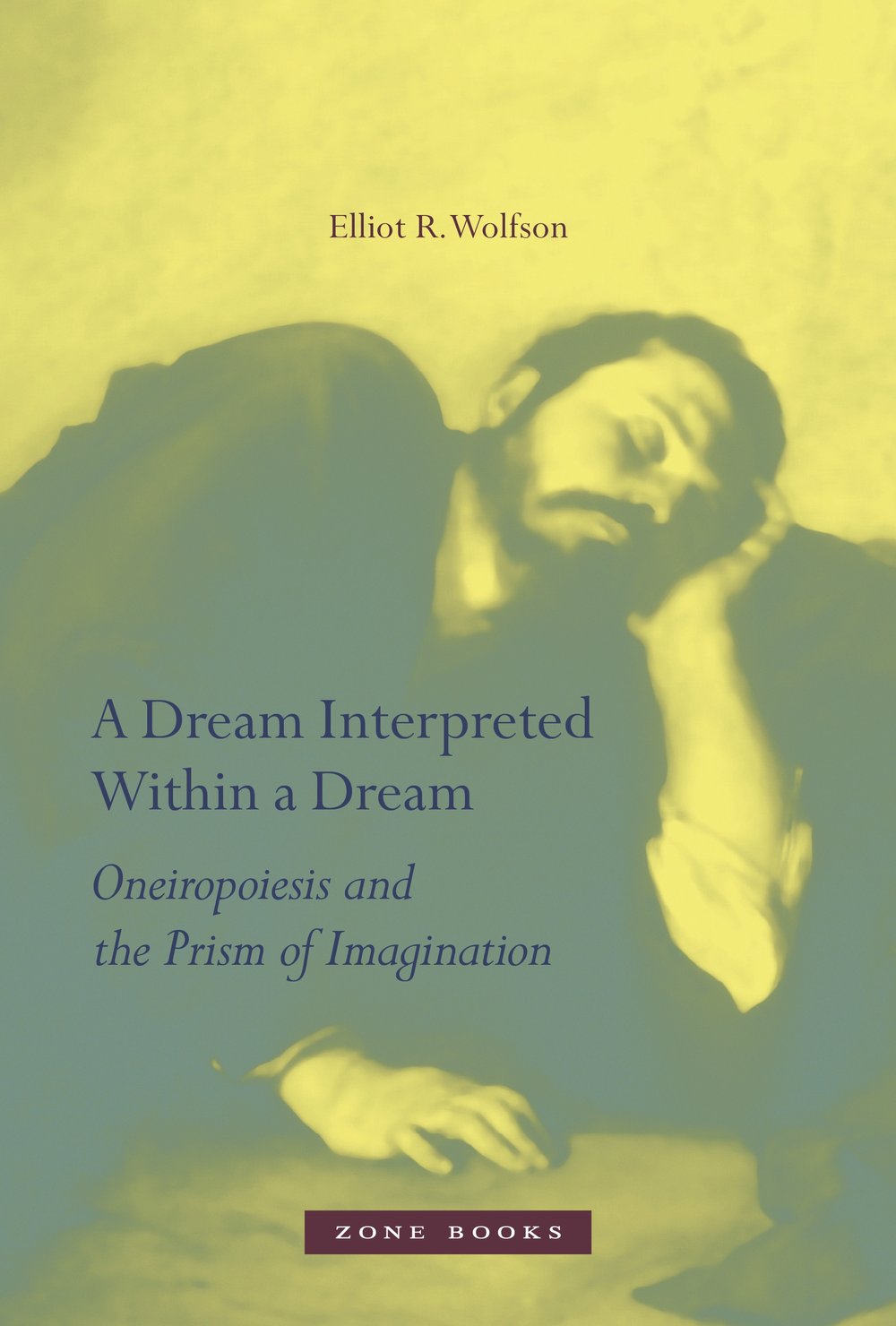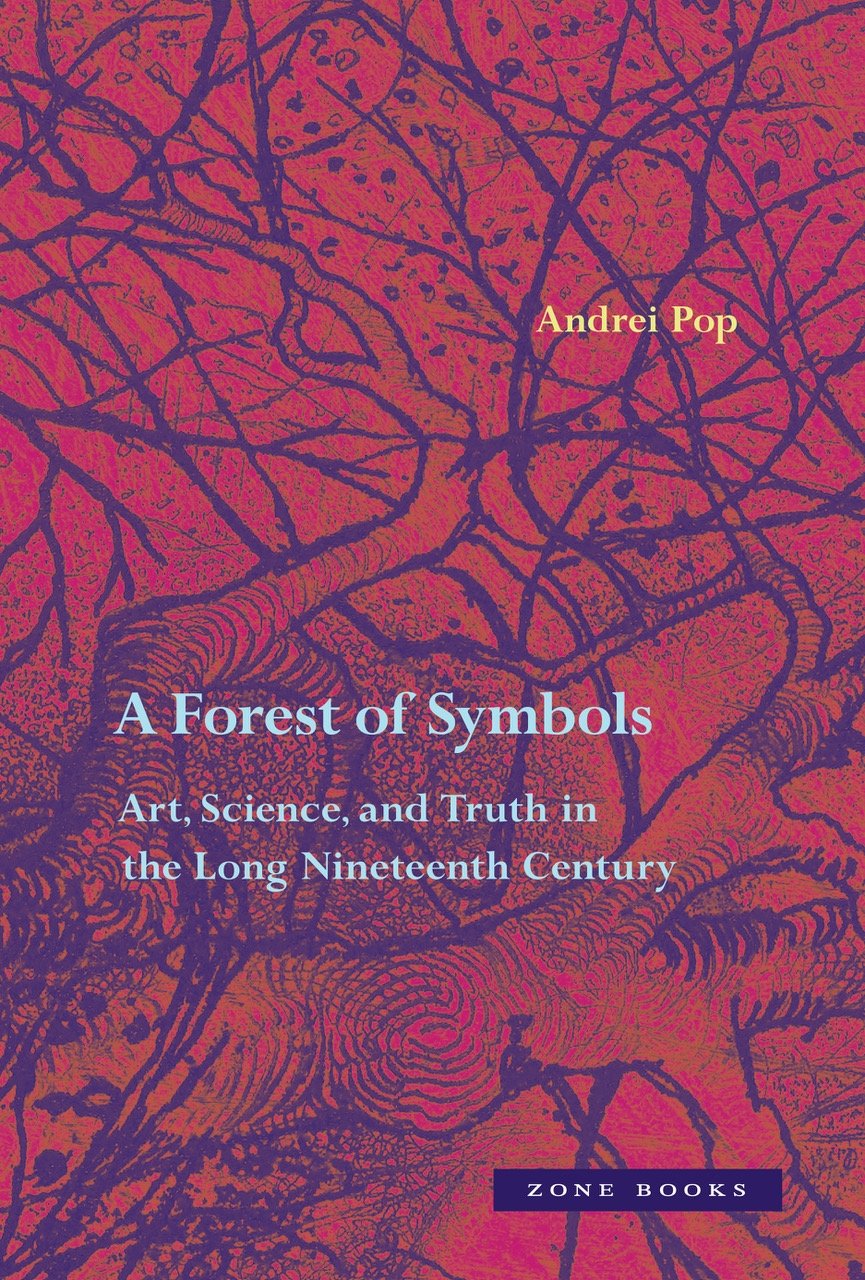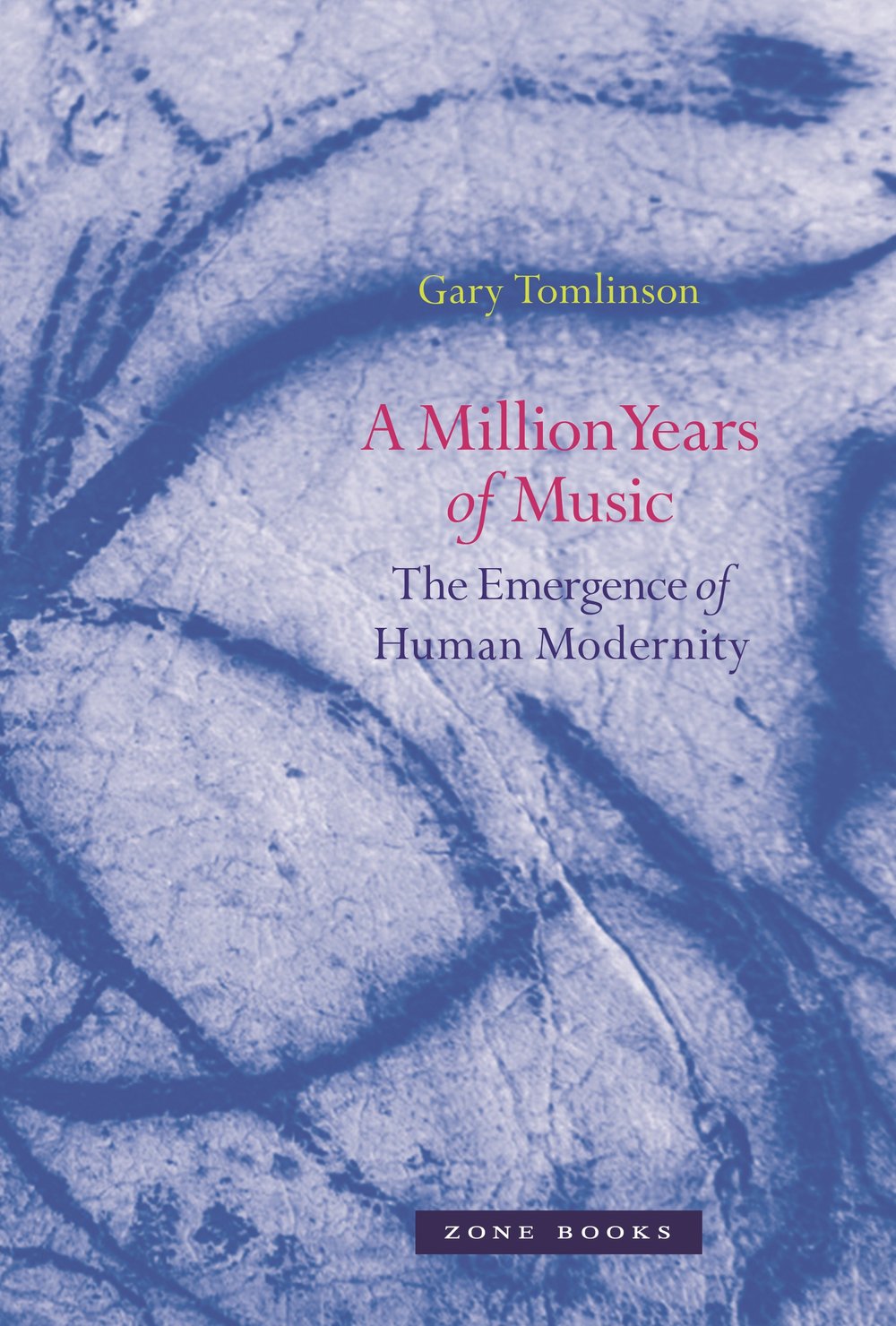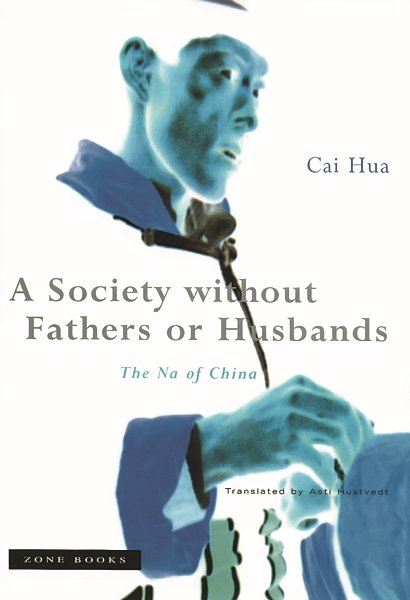Death and the Idea of Mexico
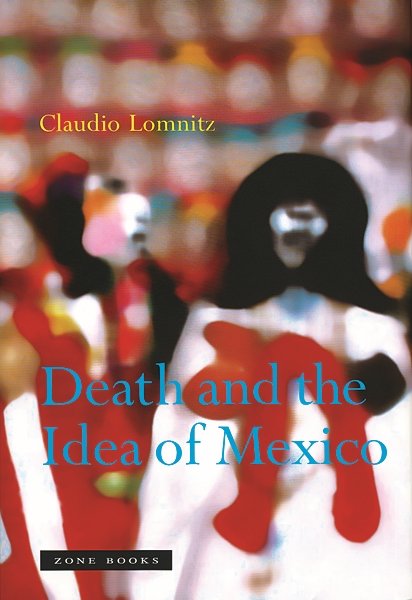
The history of Mexico's fearless intimacy with death-the elevation of death to the center of national identity. Death and the Idea of Mexico is the first social, cultural, and political history of death in a nation that has made death its tutelary sign. Examining the history of death and of the death sign from sixteenth-century holocaust to contemporary Mexican-American identity politics, anthropologist Claudio Lomnitz's innovative study marks a turning point in understanding Mexico's rich and unique use of death imagery. Unlike contemporary Europeans and Americans, whose denial of death permeates their cultures, the Mexican people display and cultivate a jovial familiarity with death. This intimacy with death has become the cornerstone of Mexico's national identity. Death and Idea of Mexico focuses on the dialectical relationship between dying, killing, and the administration of death, and the very formation of the colonial state, of a rich and variegated popular culture, and of the Mexican nation itself. The elevation of Mexican intimacy with death to the center of national identity is but a moment within that history-within a history in which the key institutions of society are built around the claims of the fallen. Based on a stunning range of sources-from missionary testimonies to newspaper cartoons, from masterpieces of artistic vanguards to accounts of public executions and political assassinations-Death and the Idea of Mexico moves beyond the limited methodology of traditional historiographies of death to probe the depths of a people and a country whose fearless acquaintance with death shapes the very terms of its social compact.


